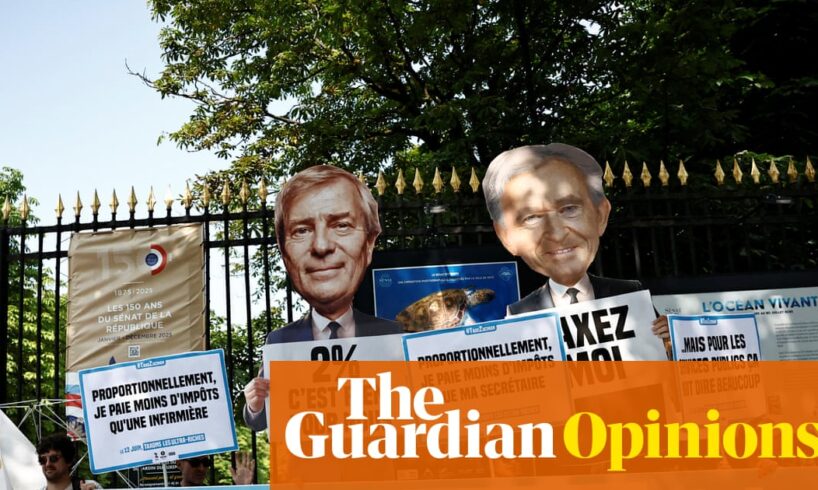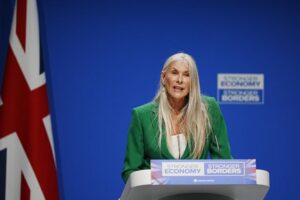
This year’s global wealth report by the City bank UBS confirms what is self-evident but rarely confronted: while riches are accumulating, their distribution remains starkly unbalanced. In the 56 countries and economic areas surveyed, the report says global personal wealth grew 4.6% in 2024. However, not all boats have been lifted by this tide. The gap is growing between those who hold assets and those who don’t.
The figures are shocking: just 60m of the world’s adults – 1.6% of the population – have net personal wealth of $226tn, or 48.1% of all the world’s riches. At the other extreme, four in 10 adults – 1.57bn people – have only $2.7tn, or just 0.6% of all the world’s personal wealth. Economists now argue that inequality is no longer a by-product of growth but a condition of it.
In the US, soaring bond markets and tech stocks have benefited the ultra-rich and deepened inequality. Nine households, it was reported, control 15% of wealth in Silicon Valley. By contrast, UBS says British median wealth rose while average wealth fell. This is a rare divergence, probably caused by prosperous households in London taking a hit from interest rate hikes as house prices dropped and debt costs rose. This wasn’t a sign of shared prosperity but of paper losses at the top, while ordinary workers held steady.
Unlike wages, wealth reflects not just income but also access to assets, favourable institutional conditions – such as low interest rates – and public policies like low taxes and housing shortages. In other words, wealth depends on political choices in ways that income currently does not. It’s not just the inequality itself that is the issue but the erosion of mechanisms that once constrained it. As the report notes, wealth and income inequality are linked. But where wages have stagnated and collective bargaining has weakened, capital income – derived from profits, rents and interest – has been boosted by design. Productivity gains, once expected to feed through to broader living standards, now primarily serve to enhance returns to wealth.
Taxes on wealth are necessary to make societies more equal. Unfairness is aiding far-right autocrats whose rise brings the risk of democratic collapse. In July seven Nobel laureates issued a powerful call for a minimum tax on the ultra-rich. Brazil, Spain and South Africa have demanded a global tax on the super-rich, placing the issue on the G20 agenda. Pioneering work by economists such as Gabriel Zucman and Emmanuel Saez led to the French national assembly passing a law this year for a 2% minimum tax on wealth over €100m. The legislation, regrettably, has not proceeded past the senate.
Progressive taxation is necessary, but it doesn’t address a core problem in many economies: when capital income outpaces labour income, redistribution may ease the symptoms of neoliberalism, but it leaves the underlying condition untreated. High inequality suppresses consumption, deters investment and slows growth. The gap between rich and poor is not just unfair – it’s economically unsustainable. Without strong domestic demand, economies increasingly rely on debt, speculation and asset bubbles to fuel growth.
Changing this would take more than fiscal transfers. It would require policies that boost wages: full employment, stronger labour unions and public investment. Private ownership itself may need to be reconceived – less perhaps in the sense of expropriation, and more in terms of widening access to productive assets and social wealth.
Do you have an opinion on the issues raised in this article? If you would like to submit a response of up to 300 words by email to be considered for publication in our letters section, please click here.





